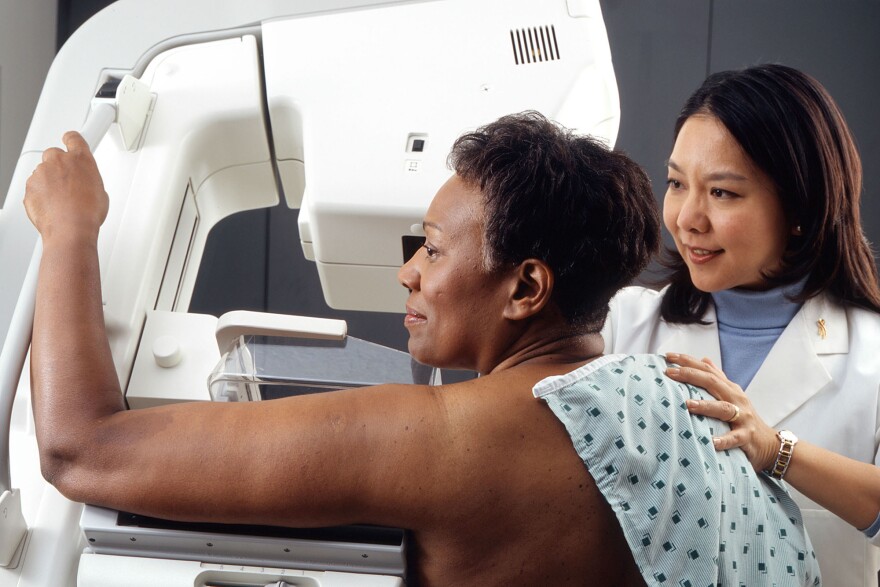October is Breast Cancer Awareness Month, but doctors are worried that there is less awareness this year because of the pandemic -- and that could be deadly, they say.
Dr. Susan Boolbol, chief of breast surgical oncology at Nuvance Health, said the number of women being diagnosed with breast cancer has decreased because women are afraid to get tested amid the pandemic.
“It’s not that we believe that there are fewer women with breast cancer,” said Boolbol. “Women are not being screened and not being diagnosed.”
A study published in the Journal of the American Medical Association in August found that the mean weekly number of new diagnoses for breast cancer dropped by 52% in March and April.

Boolbol said women aren’t coming in for their mammograms for two reasons: fear of catching COVID-19 and fear of what doctors might find. She said the annual screenings save lives. Most women with breast cancer don’t have symptoms.
“When I mean symptoms, I don’t mean, ‘Oh, I don’t feel well,” said Boolbol. “I mean they cannot see or feel any difference in their breasts.”
She said women shouldn’t fear coronavirus infection as they come in for screening, as offices are safe for treatment and testing during the pandemic.
“We have put in safety protocols,” said Boolbol. “We have to go in every day. Our staff have to go in every day.”
As for being scared of a cancer diagnosis, Boolbol said the earlier they catch it the better.
“Study after study [has] proven that mammograms are key and early detection saves lives,” she said.
Dr. Boolbol said it does not appear that having breast cancer increases the chances of a more severe case of COVID-19, so those undergoing treatment should continue with care.





